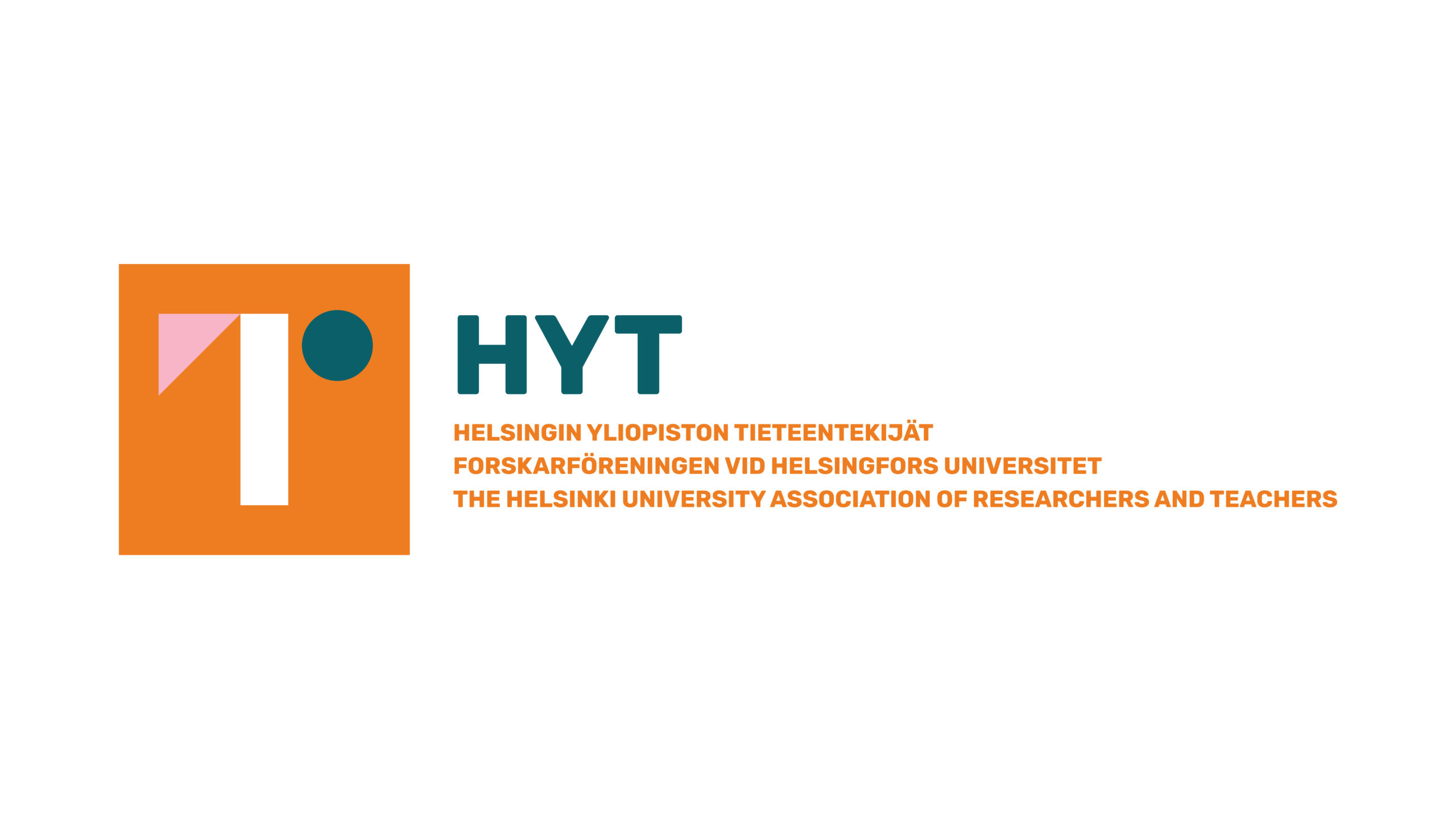Despair, sadness, and self-accusation.
These are everyday feelings for a doctoral researcher, but not in relation to the research itself. Usually, these feelings stem from a grant rejection: “We regret to inform that your grant application has not been approved…”.
In November 2020, HUART carried out a broad survey among grant-funded researchers working at the University of Helsinki. The survey responses revealed that over half (55%) of the 244 respondents had at some time, in the past or at the time of responding to the survey, carried out research with their own finances or while receiving some kind of unemployment benefit (earnings-related/labour market support/adult education support). That the figure was so high came as a surprise even to HUART’s grant-funded researchers’ working group, which has seen everything.
The survey showed that unemployment and other self-financed periods can last from a month to several years.
“Yes, throughout writing my dissertation.”
“I have carried out research while unemployed for almost 2 years.”
What was concerning about the responses was that researchers seem to assume such episodes are “part of the game”.
“Yes. (Haven´t we all?!)”
“We’re forced to.”
36% of respondents had not carried out research while unemployed or self-financed their research – they were part of the lucky ones who are adequately compensated for their work. However, many of them had at least emotionally prepared themselves for periods of unemployment at some point during their research. Some did not see carrying out research while unemployed as an option: “No, I have not. Such slave labour should not be an option for anyone.”
Grant-funded researchers fall between the cracks of unemployment security
Our survey suggests that periods of unemployment are part of a researcher’s career. Grant-funded researchers face a higher risk of unemployment because their grant periods are fragmented. Thus, weak unemployment security is a major problem: grant-funded research does not meet employment conditions but it is considered a “justified reason to be off the labour market.” This despite the fact that a grant-funded researcher does the same work as a researcher with an employment contract. Extending earnings-related unemployment benefits to grant-funded work is a need that will not disappear. Solutions should be sought through cooperation between various parties. Currently, grant-funded researchers’ unemployment benefits and social security are unreliable, as various benefits are determined according to different criteria. For example, parental allowances are based on earnings from the grant but unemployment benefits are not. Grant-funded researchers’ position seems to be a reflection of the various eras on which the current unclear whole is based.
Our survey showed that unemployment is problematic for many researchers. Doctoral researchers in particular, with their various titles (jatko-opiskelija, doctoral student, PhD candidate), are a mystery from the point of view of the authorities. For further information visit: The Finnish Union of University Researchers and Teachers website.
Emotional burden
Many doctoral researchers, at some point during their research, will have to carry out research either while receiving unemployment benefits or while holding another job. Such conditions are emotionally draining and stressful. In addition to writing grant applications, researchers need to be actively in touch with the TE-services office so that their benefits are not jeopardised. One condition set for unemployment benefits is that you are ready to accept a full-time job if one is offered to you. The survey responses also revealed that those with another job are too tired to focus on research after work. This can result in delays to the research schedule, which can further complicate access to funding.
In addition to these emotional and physical burdens, grant-funded and unemployed researchers live with a strong feeling of being outsiders. People with no employment contract with the University are not found on faculties’ websites. A researcher can create a profile for themselves on the TUHAT database that will display any publications and contact information. However, HUART’s grant-funded researchers’ working group thinks that it would not cost the University much to have its faculties include contact and research information for ALL of their doctoral researchers no matter what their source of funding. In this way the media, for example, could easily find experts in various fields (which even self-funded researchers are), and both the researchers and the university would gain visibility for their research.
What’s the solution?
There is no single, correct, or easy solution to the problem of funding. But some decisions have to be made or Finland will start to lose (if it is not already losing) top experts. Should the number of doctoral researchers in each faculty be limited in some way so that each can be guaranteed funding? Should foundations and universities start some type of cooperation to ensure funding? Perhaps a type of 50-50% split between foundations and universities?
Would it be possible for us to adopt the so-called Swedish model, where doctoral researchers must have secured funding for their doctoral research before they begin their research? This reduces the number of doctoral researchers but on the other hand it stabilises working conditions (to find out more [in Finnish]: Rolle Alho, Prekaarin yliopistotyön politiikka). The situation is complicated. At times it can be difficult for grant-funded researchers to listen to university colleagues that have an employment contract discuss, for example, occupational health care. Grant-funded researchers have no access to this benefit. Meanwhile, self-funded researchers have to calculate whether they can pay all their bills and hope that they have enough money left for food. No wonder that sometimes they fail to find the strength for research.
Pirjo Ovaskainen & HUART Grant researchers’ working group
Pirjo Ovaskainen
MA, Doctoral researcher
Doctoral programme in history and cultural heritage
University of Helsinki
